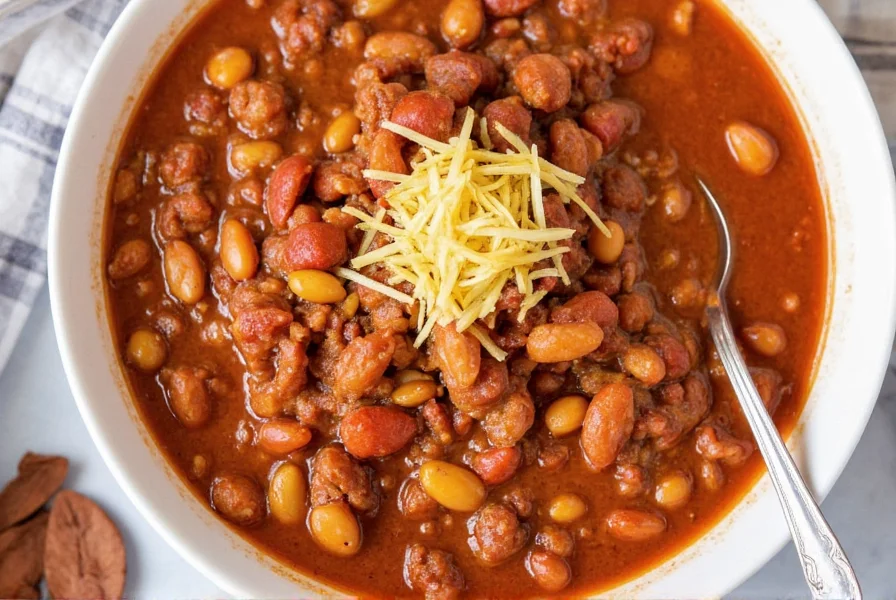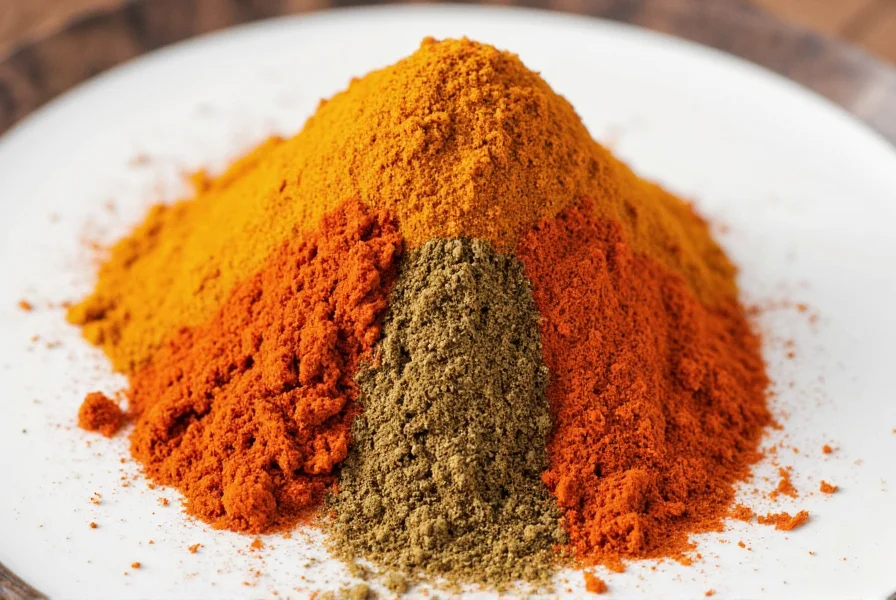You might be searching for 'adobe sauce', but the correct term is 'adobo sauce' (pronounced ah-DOH-boh). This is a common misspelling. Adobo sauce is a bold, smoky, and deeply flavorful condiment that has been making waves in kitchens around the world. If you're a spice enthusiast or a professional chef looking to elevate your cooking, understanding adobo sauce is essential.
Table of Contents
- What Is Adobo Sauce?
- A Little History Behind Adobo Sauce
- Key Ingredients That Make Adobo Sauce Special
- Practical Tips: How to Use Adobo Sauce in Your Cooking
- Buying Guide: Choosing the Best Adobo Sauce
- Frequently Asked Questions
- Conclusion
What Is Adobo Sauce?
The correct term is 'adobo sauce' (pronounced ah-DOH-boh), though it is often misspelled as 'adobe sauce'. This traditional Mexican condiment is made from a blend of chili peppers, garlic, vinegar, and other seasonings. The name comes from the Spanish word adobar, which means "to marinate." This sauce is often used to flavor meats, especially pork, but it's versatile enough to be used in a variety of dishes, from tacos to stews.
It’s important to note that while adobo sauce is similar to some types of salsa, it’s typically thicker and more intense in flavor due to its use of roasted chilies and fermented elements. Some versions even include tomatoes, giving it a richer, more complex profile.
Why Adobo Sauce Stands Out
Unlike many store-bought sauces, adobo sauce offers a unique combination of heat, tanginess, and smokiness. It's a perfect balance between sweet and spicy, with a deep umami undertone that makes it a favorite among both amateurs and professionals.
A Little History Behind Adobo Sauce
The roots of adobo sauce can be traced back to indigenous Mesoamerican cultures, where it was used to preserve and flavor food before the arrival of European ingredients. Over time, it evolved into the version we know today, incorporating ingredients like garlic, vinegar, and oregano, which were introduced through colonization.
In modern times, adobo sauce has become a staple in Mexican cuisine, particularly in regions like Oaxaca and Puebla, where it's used in dishes such as chiles en nogada and pupusas. Its popularity has also spread internationally, with chefs using it to add depth and complexity to their recipes.

Key Ingredients That Make Adobo Sauce Special
Adobo sauce is more than just hot sauce—it’s a carefully crafted blend of ingredients that work together to create a rich, layered flavor. Here are the main components:
- Chili Peppers: Typically, ancho, guajillo, or pasilla peppers are used. These provide the base heat and smoky flavor.
- Garlic: Adds a pungent, savory depth.
- Vinegar: Acts as a preservative and gives the sauce its tangy bite.
- Oregano: Provides a bright, herbal note.
- Tomatoes (in some recipes): Add sweetness and body.
- Salt: Balances all the flavors and enhances the overall taste.
Some variations may include additional elements like onions, citrus juice, or even beer, depending on the region or recipe.

Practical Tips: How to Use Adobo Sauce in Your Cooking
Whether you’re a seasoned chef or a home cook, here are some practical tips for using adobo sauce effectively:
1. Marinate Meats
Adobo sauce is excellent for marinating chicken, pork, or beef. Its acidity helps tenderize the meat while infusing it with flavor. Let the meat sit in the sauce for at least 30 minutes before grilling or roasting.
2. Enhance Salsas and Dips
Add a spoonful of adobo sauce to your homemade salsas, guacamole, or bean dips for an extra kick. It works especially well with avocado-based dishes.
3. Boost Soups and Stews
Stir a bit of adobo sauce into your soups, stews, or braises to deepen the flavor. It pairs beautifully with beans, potatoes, and root vegetables.
4. Make a Flavorful Gravy
Use adobo sauce as a base for a smoky, spicy gravy. Mix it with broth, cream, or even beer for a rich, satisfying sauce.
5. Create a Unique Pizza Topping
Try spreading a thin layer of adobo sauce on pizza crust before adding cheese and toppings. It adds a bold, unexpected twist.

| Product | Features | Best For | Price Range |
|---|---|---|---|
| Mexiko Adobo Sauce | Traditional recipe with roasted chilies, garlic, and oregano | Classic Mexican dishes, marinades | $5–$8 |
| La Costeña Adobo Sauce | Uses ancho and guajillo peppers, slightly milder | Family meals, everyday use | $4–$7 |
| Amazon Brand - Sol de Mexico Adobo Sauce | Vegetarian-friendly, no added sugar | Health-conscious users, light seasoning | $3–$6 |
| El Yucateco Adobo Sauce | Spicier, with a smoky finish | Chefs, bold flavor lovers | $6–$10 |
| Homemade Adobo Sauce | Customizable, no preservatives | Cooking enthusiasts, health-focused individuals | $2–$5 |
When choosing a brand, look for ones that use fresh, natural ingredients and avoid artificial additives. If you're unsure, start with a mild version and adjust the heat level as needed.

Frequently Asked Questions
What is adobo sauce made of?
Adobo sauce is primarily made from roasted chili peppers (like ancho, guajillo, or pasilla), garlic, vinegar, oregano, and salt. Some recipes include tomatoes for sweetness and body, while others add citrus juice or beer for complexity. The blend creates its signature smoky, tangy, and umami-rich profile.
Is 'adobe sauce' the same as adobo sauce?
Yes, 'adobe sauce' is a common misspelling of 'adobo sauce'. The term comes from the Spanish verb adobar (to marinate), and it refers to the same traditional Mexican condiment. You'll see it labeled as 'adobo' in authentic recipes and products.
How spicy is adobo sauce?
Spice levels vary by brand and recipe. Most store-bought versions range from mild to medium heat (thanks to ancho or guajillo peppers), while artisanal or regional varieties can be hotter. Check labels for heat indicators, or start with 1 teaspoon in dishes and adjust to taste. The vinegar and sweetness help balance the heat.
Can I use adobo sauce as a marinade for vegetarian dishes?
Absolutely! Adobo sauce works wonderfully with plant-based ingredients. Try marinating tofu, portobello mushrooms, or roasted vegetables like sweet potatoes and cauliflower. Its acidity and depth enhance vegetarian stews, bean dishes, and grain bowls without overpowering them.
How long does homemade adobo sauce last?
When stored in an airtight container in the refrigerator, homemade adobo sauce stays fresh for 10–14 days. For longer storage, freeze it in ice cube trays (then transfer to bags) for up to 6 months. Store-bought versions last 3–4 weeks after opening when refrigerated.
Conclusion
Adobo sauce is more than just a spicy condiment—it's a culinary treasure that brings depth, flavor, and tradition to every dish. Whether you're marinating meat, enhancing a soup, or simply enjoying it on its own, adobo sauce is a must-have for any spice lover.
So, the next time you're wondering, what is adobo sauce?, remember that it’s a powerful, smoky, and aromatic sauce that can transform your cooking. With the right approach and a few key tips, you can unlock its full potential and enjoy a truly authentic flavor experience.











 浙公网安备
33010002000092号
浙公网安备
33010002000092号 浙B2-20120091-4
浙B2-20120091-4